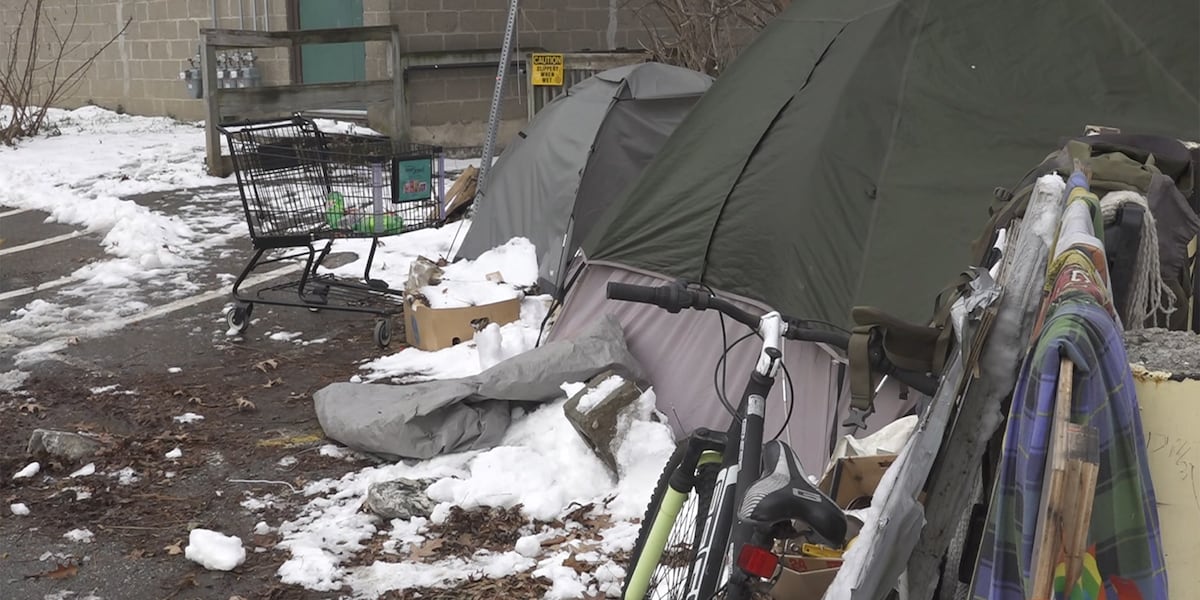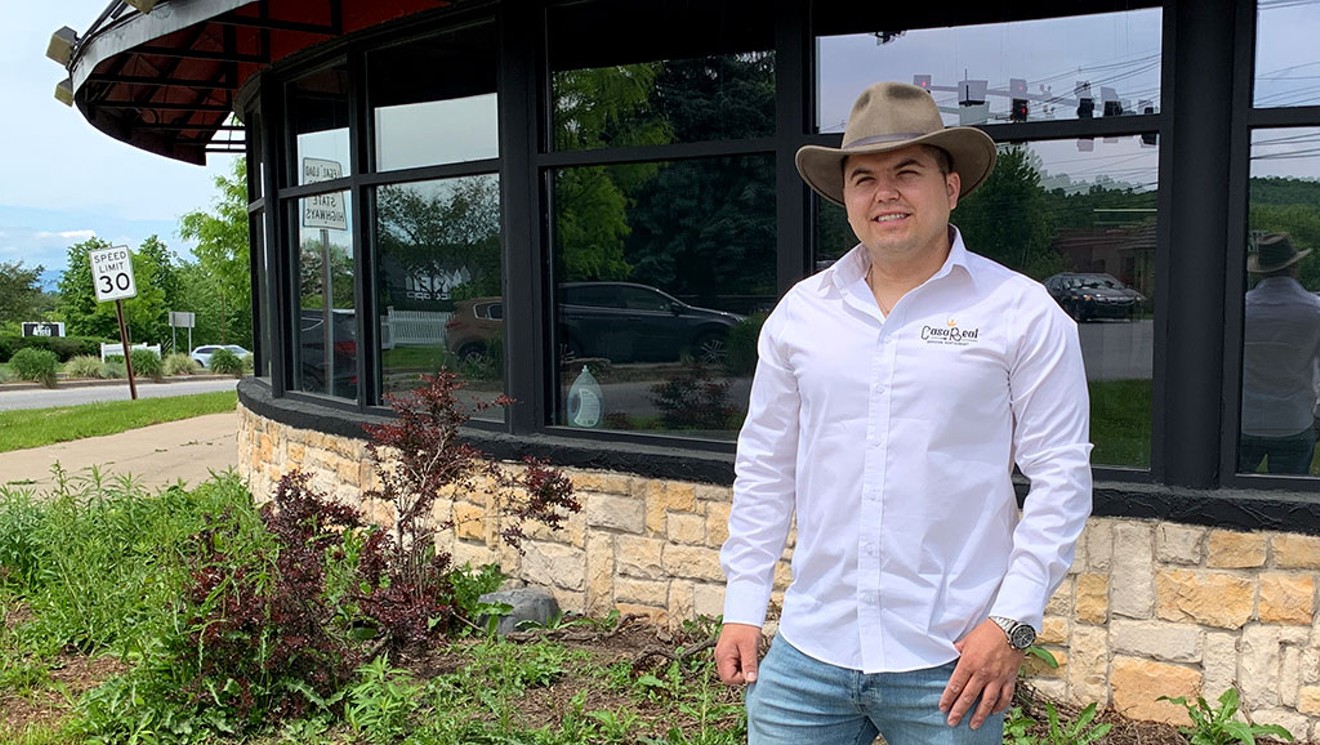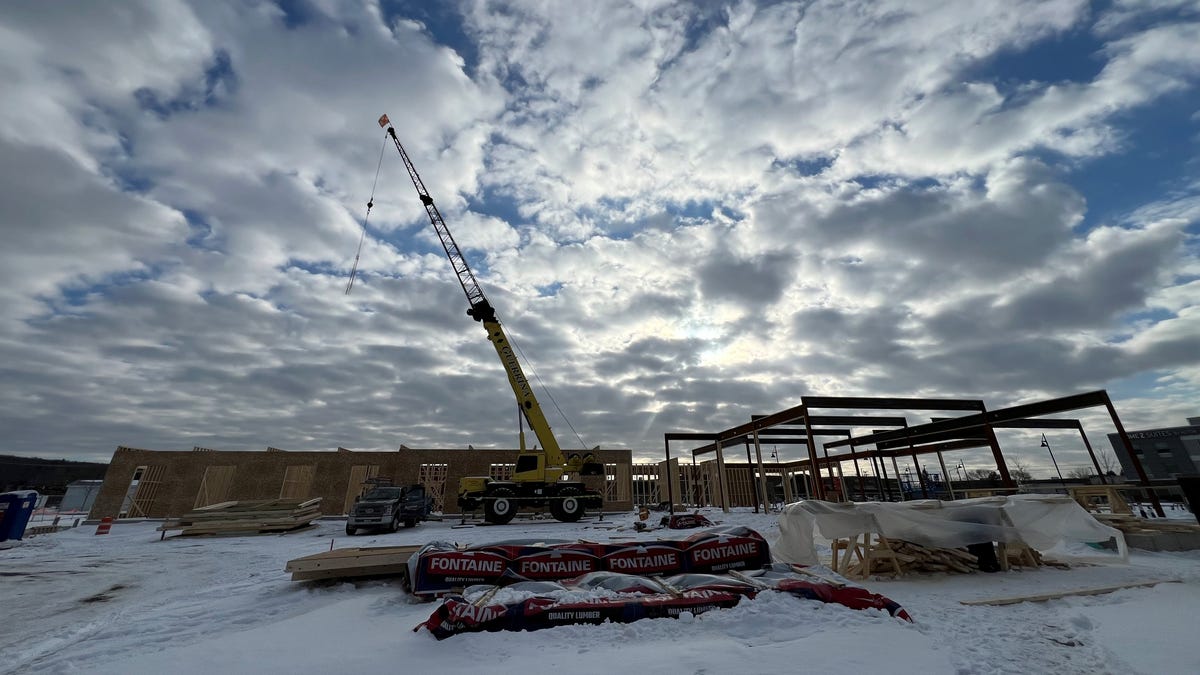Vermont
Sarita’s Kitchen to Open Aromas of India in Williston

After a successful nine-month run of weekly takeout meals cooked at Richmond Community Kitchen, Sarita Devi has signed a restaurant lease for 202 Cornerstone Drive in Williston. She will open Aromas of India there in July or early August with a vegetarian menu of northern Indian dishes.
The Williston restaurant space was formerly occupied by Naru Asian Cuisine, which announced on its website that it would be closing as of June 1 because “the owner is getting ready for retirement.”
Devi grew up in the state of Uttar Pradesh in northern India and moved with her husband, Yogi Singh, to Vermont in 2014 for his work in information technology. Singh said his wife grew up cooking family recipes and loves to cook for people. “It is her passion,” he said. “Magic is in her hands when she is cooking.”
The menu for the new restaurant will expand on the offerings of Devi’s weekly takeout meals. Dishes may include spiced potato- and paneer-stuffed paratha bread; the chunky vegetable curry called pav bhaji; and the common street food samosa chaat, or crunchy samosa chunks topped with chickpeas, spiced yogurt and chutneys. Everything is made from scratch, Devi said, including the chutneys and breads.
The couple are currently sourcing equipment and refreshing the restaurant space, they said, and they are considering launching in July with takeout only before adding dine-in service in August. For updates, see @aromasofindia_vt on Instagram.

Vermont
With major changes to Act 250 underway, a new board takes the reins

This story, by Report for America corps member Carly Berlin, was produced through a partnership between VTDigger and Vermont Public.
Gov. Phil Scott has appointed the members of a new board that will administer Act 250, Vermont’s statewide development review law.
The new Land Use Review Board replaces the old Natural Resources Board, a shift mandated under Act 181, a major land-use reform law passed last year. That law takes steps to relax Act 250’s reach in existing downtowns and village centers across the state, and also lays the groundwork for extending Act 250’s protections in areas deemed ecologically sensitive.
But the new law also changes how Act 250 is administered. The Land Use Review Board is made up of five full-time members with relevant professional experience — a significant change from the former citizen-board structure. The new members have backgrounds in municipal and regional planning, environmental law, and civil engineering. The review board will also play a key role in overseeing a years-long mapping process that will cement Act 250’s jurisdiction in the future. (Regional district offices still make permitting decisions on individual projects, however).
“Vermont faces a significant housing crisis and the work of this board will play a very important role in helping us address it, while protecting our beautiful landscape and environment,” Scott said in a statement announcing the appointments earlier this week. “I’m confident this board has the diverse expertise, work ethic, and passion to tackle the work that’s required in Act 181 while also forwarding common sense improvements to the law to further our shared goals.”
The new board chair, Janet Hurley, currently serves as the assistant director and planning program manager for the Bennington County Regional Commission. Before that, she worked as a local planner throughout the state, in Manchester, South Burlington, Milton, and Westford, according to a press release from Scott’s office.
Since Act 250 was enacted in 1970, “it can certainly be credited with saving Vermont from rampant development,” Hurley said in an interview. “But it can also certainly be responsible for the depth of our housing crisis, because the burden of Act 250 permitting — often duplicative, especially in our town and village centers — just made housing development that’s affordable much more difficult to achieve for so many years.”
In the past, new housing projects would trigger Act 250 review based on how large they were, and how many homes a developer had already built in a given area during a given timeframe. That system could in fact lead to the sprawl it was trying to prevent, prompting developers to avoid bumping up against Act 250 permitting by building “smaller scale, single family home development dispersed around our towns and villages,” Hurley said.
Act 181 shifts the permitting program toward “location-based jurisdiction,” meaning some areas of the state that already have robust local zoning review and water and wastewater infrastructure could be exempt from Act 250 altogether. That new system will take years to implement, though, and the transition will be one of the board’s primary tasks.
As that longer process plays out, lawmakers made temporary exemptions to Act 250 last year. They were designed to encourage dense housing in already-developed areas, and so far, the carve-outs appear to be working as intended. Hurley thinks loosening Act 250’s rules around housing will make a big difference.
“The market just can’t bear the cost of construction at this point, and so any relief to the financing of new housing development is going to be meaningful,” Hurley said.
More from Vermont Public: Vermont loosened Act 250 rules for housing. Here’s where developers are responding
Still, members of the board think Act 250 will continue to play an important role in years to come.
“The housing crisis requires us to act swiftly, and that means a lot more housing, period,” said Alex Weinhagen, current director of planning and zoning in Hinesburg and another new board member. “But larger projects have impacts, and the whole point of having a development review process is to make sure that we acknowledge those and that the projects, you know, do what they can to minimize them.”
To Weinhagen, Act 181’s goals were to reform statewide development review so that “it’s smarter, it works better, it’s applied consistently across the state, and it’s only used when it’s needed — and not used in places where there’s adequate local level development review happening,” he said.
The board will study whether appeals of Act 250 permits should be heard by the board itself — or continue to be heard in state environmental court. Legislators and administration officials hotly debated the issue last session, arguing over which option would in fact speed up lengthy appeal timelines, and ultimately directed the new board to assess it further.
The other members of the new board include L. Brooke Dingledine, an environmental attorney in Randolph; Kirsten Sultan, an Act 250 district coordinator in the Northeast Kingdom with a background in engineering; and Sarah Hadd, a former local planner and current town manager for Fairfax, according to the press release.
The new board appointments took effect on Jan. 1, and the board will begin its work on Jan. 27.
Have questions, comments or tips? Send us a message.
Vermont
Vermont has 4th highest rate of homelessness in nation, data shows

MONTPELIER, Vt. (WCAX) – New data shows Vermont now has the fourth highest rate of homelessness per capita in the country. But that’s down from the second highest in the nation last year.
Federal data shows disasters elsewhere are pushing other states higher.
Since winding down government-funded hotel rooms for the homeless, Vermont has struggled to find enough shelter space.
Providers say despite dropping in the national ranking, Vermont is still in a homelessness crisis.
“Through the last several months we have been straight out. We are utterly exhausted from the level of provision of services keeping to keep people alive and out of the elements,” said Julie Bond, the executive director of the Good Samaritan Haven.
Later this month, Vermont will participate in the national Point in Time Count to assess the needs of the homeless. But even then, experts say that data has limitations.
Copyright 2025 WCAX. All rights reserved.
Vermont
When will the polar vortex reach Vermont? See forecast of when cold temps are coming

What is the polar vortex?
The polar vortex is a large area of low-pressure and cold air that typically swirls around the Earth’s poles, particularly the North Pole.
unbranded – Newsworthy
The new year brings a wave of cold temperatures to much of the country, including Vermont.
A polar vortex, which is a large pocket of cold air that swirls in place over the North and South Poles, is expected to spill south and push Arctic-level temperatures across the country next week.
According to the National Oceanic and Atmospheric Administration’s Climate Prediction Center, the surge of cold temperatures is expected to hit most of the eastern part of the country.
NOAA’s latest forecast has most of Vermont likely to see below freezing temperatures throughout most of next week. Here’s what to know.
When will polar vortex reach Vermont?
A polar vortex bringing a surge of Arctic temperatures is expected to reach most of the country, including Vermont, mid-next week through Jan. 14, according to NOAA.
According to AccuWeather meteorologist Alex DaSilva, the polar vortex blasts are expected to hit from Jan. 3 to 4, Jan. 7 to 8 and Jan. 11 to 12.
Some parts of the country, like the northern Plains, could face a risk of heavy snow next week.
AccuWeather forecasters are predicting a possible snowstorm impacting metro areas including Boston later next week.
How cold will it be in Vermont during polar vortex? Temperature forecast
During next week’s polar vortex, some parts of the country could reach temperatures as low as -30°F, according to the latest AccuWeather forecast.
Temperatures in Vermont are expected to reach peak lows between Jan. 8 and Jan. 10. AccuWeather’s forecast has the northeast, including Vermont, hitting somewhere between 0 and 10°F on those days.
“This could end up being the coldest January since 2011 for the U.S. as a whole,” said AccuWeather’s lead long-range expert Paul Pastelok.
-
/cdn.vox-cdn.com/uploads/chorus_asset/file/25672934/Metaphor_Key_Art_Horizontal.png)
/cdn.vox-cdn.com/uploads/chorus_asset/file/25672934/Metaphor_Key_Art_Horizontal.png) Technology1 week ago
Technology1 week agoThere’s a reason Metaphor: ReFantanzio’s battle music sounds as cool as it does
-

 Business1 week ago
Business1 week agoOn a quest for global domination, Chinese EV makers are upending Thailand's auto industry
-

 Health5 days ago
Health5 days agoNew Year life lessons from country star: 'Never forget where you came from'
-
/cdn.vox-cdn.com/uploads/chorus_asset/file/24982514/Quest_3_dock.jpg)
/cdn.vox-cdn.com/uploads/chorus_asset/file/24982514/Quest_3_dock.jpg) Technology5 days ago
Technology5 days agoMeta’s ‘software update issue’ has been breaking Quest headsets for weeks
-

 World1 week ago
World1 week agoPassenger plane crashes in Kazakhstan: Emergencies ministry
-

 Politics1 week ago
Politics1 week agoIt's official: Biden signs new law, designates bald eagle as 'national bird'
-

 Business2 days ago
Business2 days agoThese are the top 7 issues facing the struggling restaurant industry in 2025
-

 Politics1 week ago
Politics1 week ago'Politics is bad for business.' Why Disney's Bob Iger is trying to avoid hot buttons




















